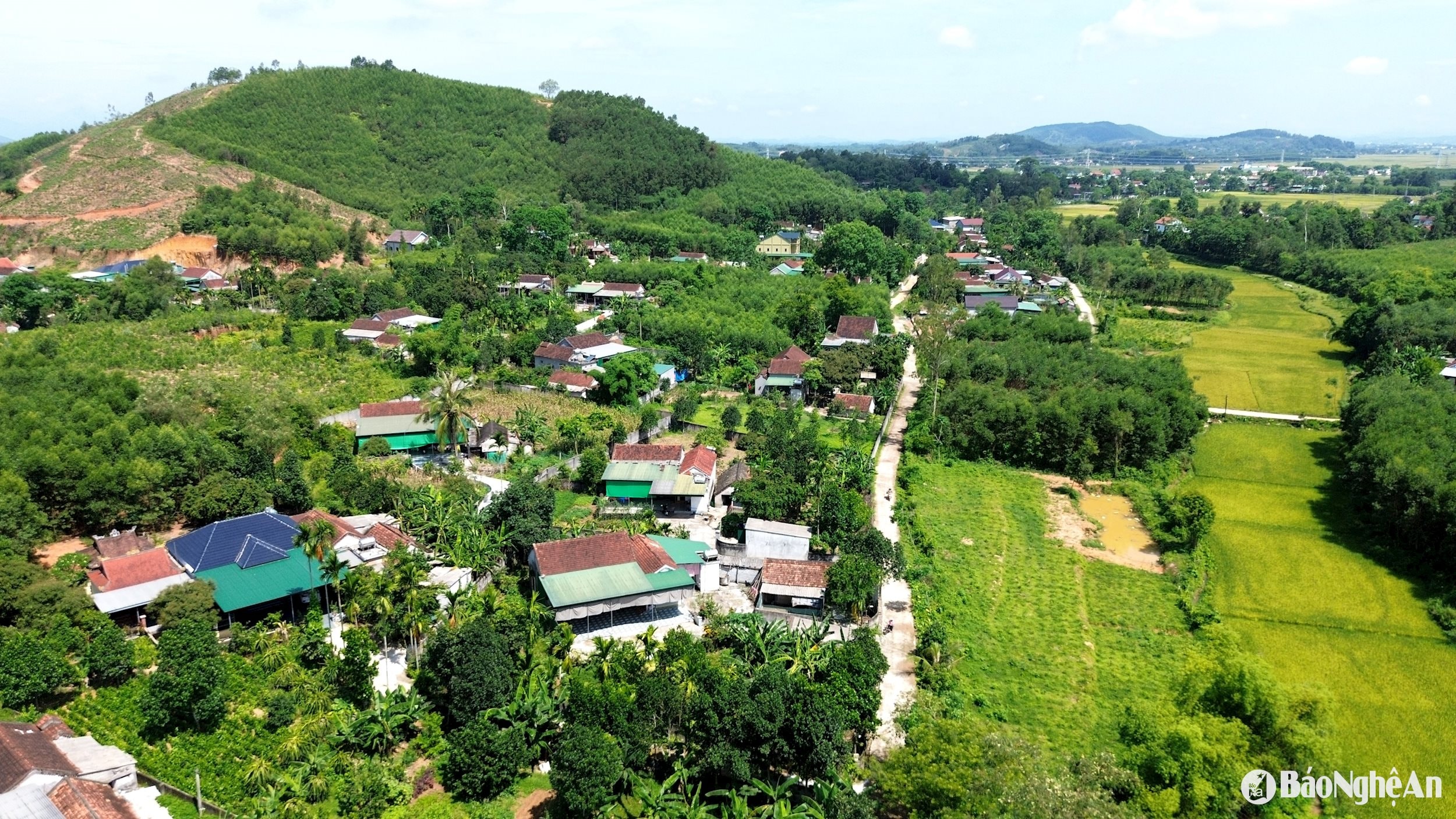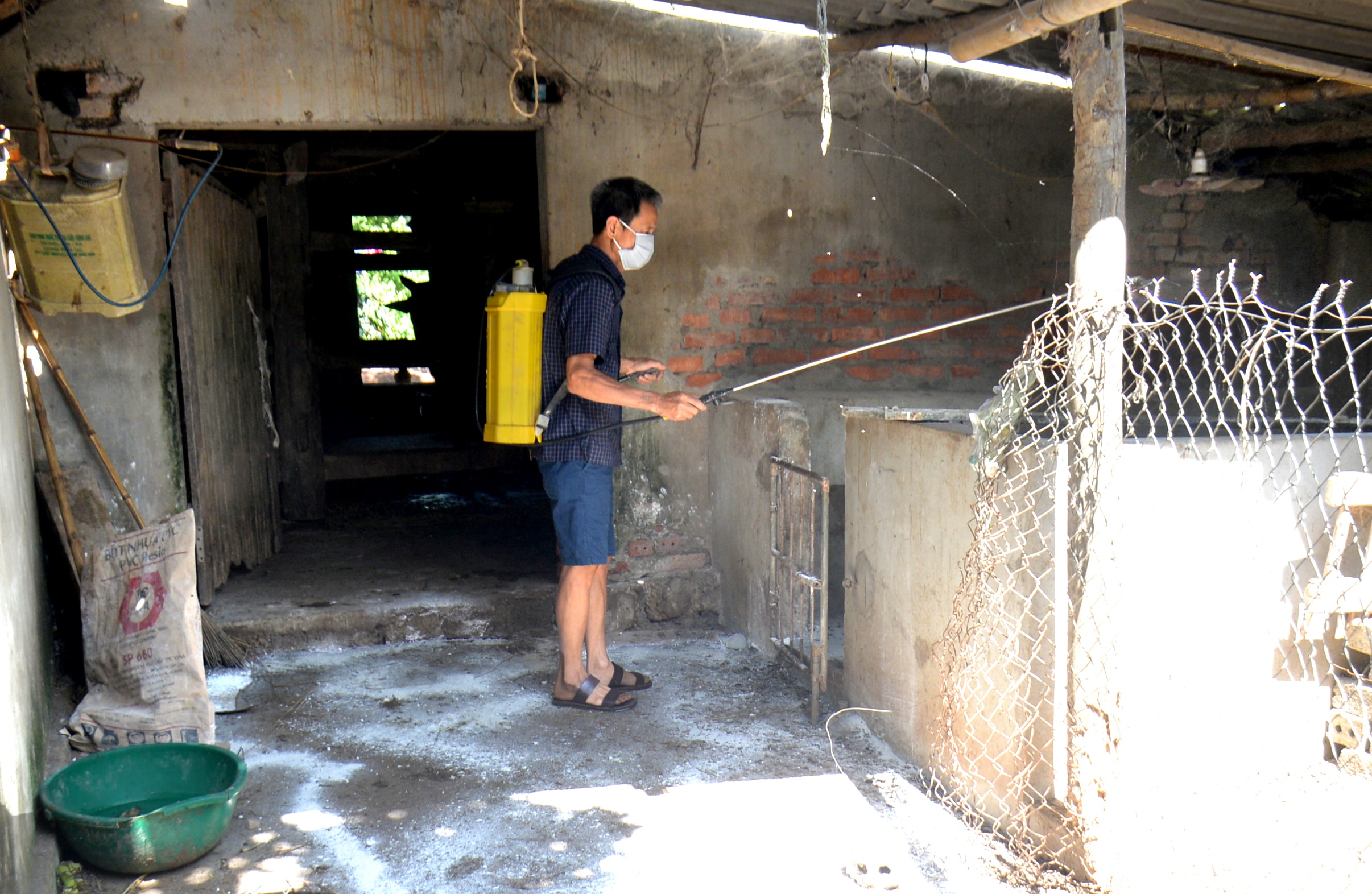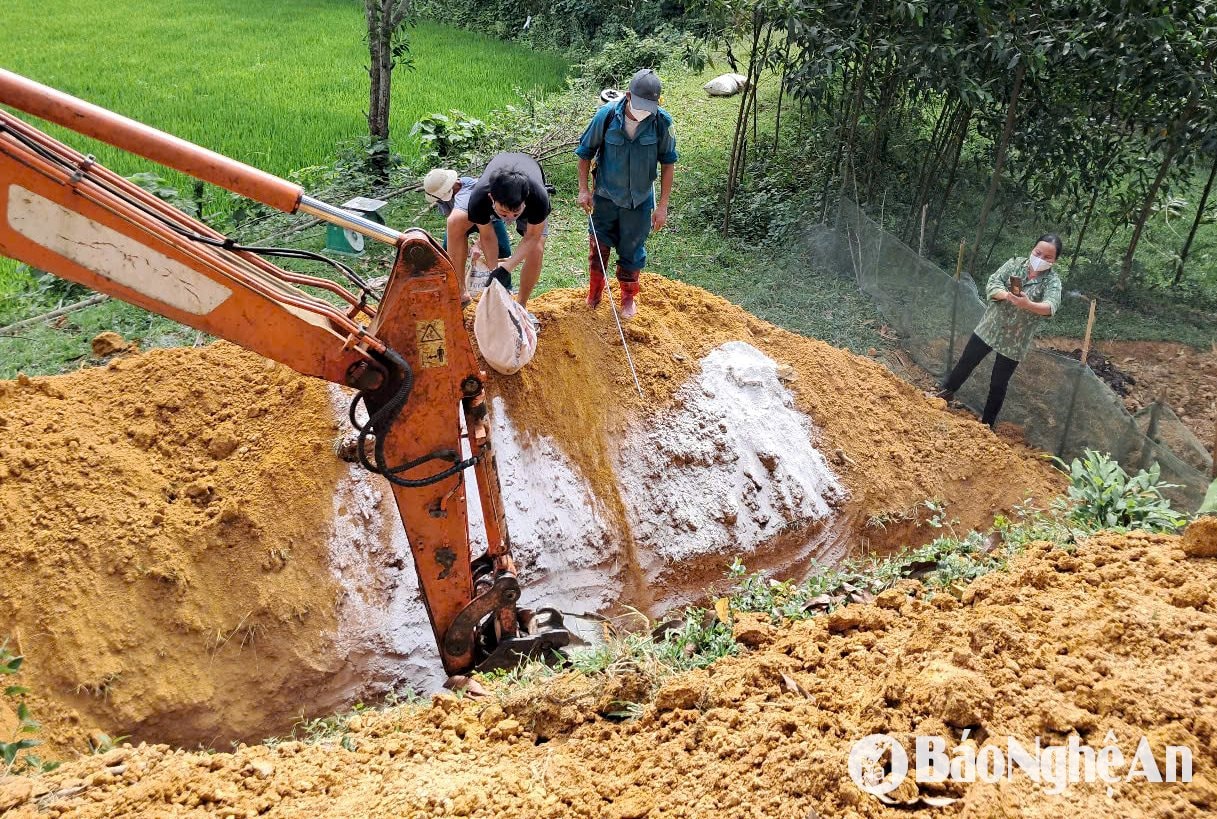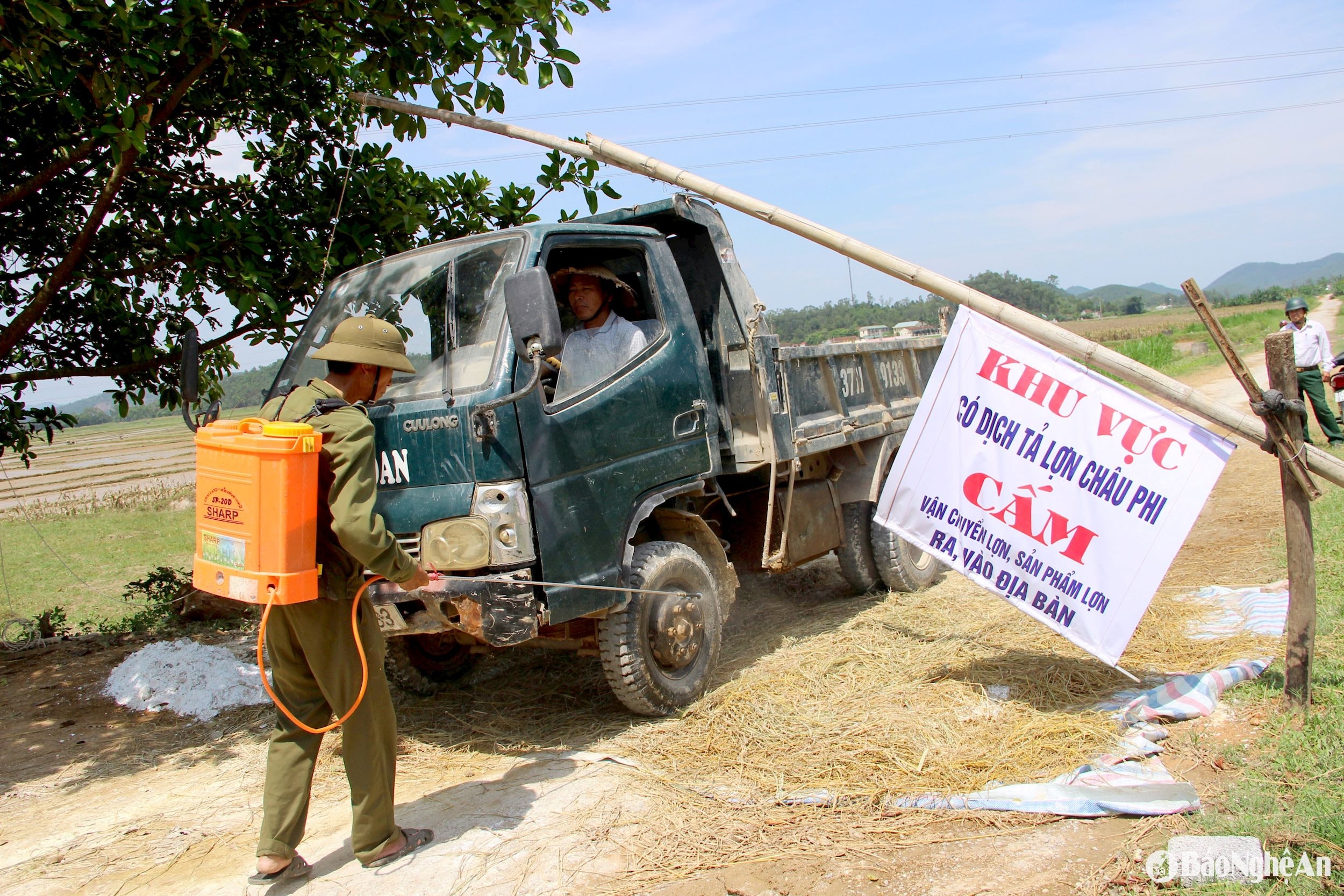African swine fever outbreak: Vulnerability from subjectivity
Although African swine fever is resurging in many localities in Nghe An, many farming households are left penniless, but disease prevention and control work still shows subjectivity and negligence from local authorities.
Loopholes from not controlling the outbreak
Records in some localities in recent days show that although the authorities have implemented measures such as taking samples for testing, destroying infected pigs, providing disinfectants to people, and farmers have also proactively sprinkled lime powder, sprayed disinfectants on barns, etc., the reality shows that the intervention has not been really drastic.

At many epidemic areas, the authorities did not set up epidemic control checkpoints, creating "loopholes" for people to sell pigs or traders to transport pigs in and out of epidemic areas, making the risk of disease spreading even more serious.
The current epidemic situation is complicated in many "hot spots". In Thanh Phong commune (Thanh Chuong), in less than 1 month, 88 pigs had to be destroyed, with a total weight of more than 3 tons. Chairman of the People's Committee of the commune, Mr. Trinh Xuan Thi, said that the locality is facing difficulties in control because it has not set up a quarantine checkpoint, while some households in the area specialize in purchasing and slaughtering pigs, causing a very high risk of spreading the epidemic, especially when National Highway 7B passes through the area.

Similarly, from early March to mid-May, Don Phuc commune (Con Cuong) recorded 157 pigs in 47 households infected with the disease and had to be destroyed, with a total weight of nearly 5.8 tons.
However, the locality has yet to implement strict control measures such as setting up checkpoints at outbreak areas. This creates conditions for the free trade and transportation of pigs and pig products, increasing the risk of spreading.
Yen Thanh district currently has 11 communes with a recurrence of African swine fever, but according to the leader of the district's Agricultural Service Center, the disease only appears sporadically in small-scale farms, so the communes do not set up control posts, but only proceed to destroy pigs, sprinkle lime powder, and spray disinfectant chemicals.

According to experts, the African swine fever virus is very resistant and can survive in raw pork for 3 to 6 months if not processed at a high enough temperature. The virus is not transmitted to humans, but humans can accidentally become agents of spreading the disease through contact with objects, vehicles, clothing or food contaminated with the virus.
Focus all efforts on fighting the epidemic
Faced with the complicated developments of the epidemic, Nghe An province is currently implementing solutions according to Decision No. 3385/QD-UBND dated October 1, 2020 on the Plan to prevent and control African swine fever for the period 2020-2025.
Accordingly, the Department of Agriculture and Environment plays the leading role, coordinating with districts and cities to monitor epidemics, control the transportation and trade of pigs and pig products. The Department of Finance is assigned to ensure funding sources; local authorities must develop specific plans, propagate and promptly handle outbreaks.

In particular, the plan requires commune-level authorities to set up temporary quarantine checkpoints, mobile teams to control the transportation of animals and animal products; and to prepare adequate supplies, chemicals, equipment and forces to respond to outbreaks. However, the implementation in many places is still not uniform and lacks determination from the grassroots level.
Faced with the widespread outbreak of the epidemic, in early May, Vice Chairman of the Provincial People's Committee Nguyen Van De chaired a meeting, requesting localities to focus all their efforts on controlling the epidemic, not to be subjective or negligent, especially emphasizing: "Do not let the arrangement of the administrative apparatus affect the work of epidemic prevention and control".
In the context of the pig farming industry still recovering from previous epidemics, the recurrence of African swine fever is a threat to people's livelihoods. To protect livestock and ensure food safety, authorities at all levels need to urgently tighten disease control measures, enhance the role of supervision, strictly handle violations and increase propaganda so that people can proactively coordinate in disease prevention and control.
